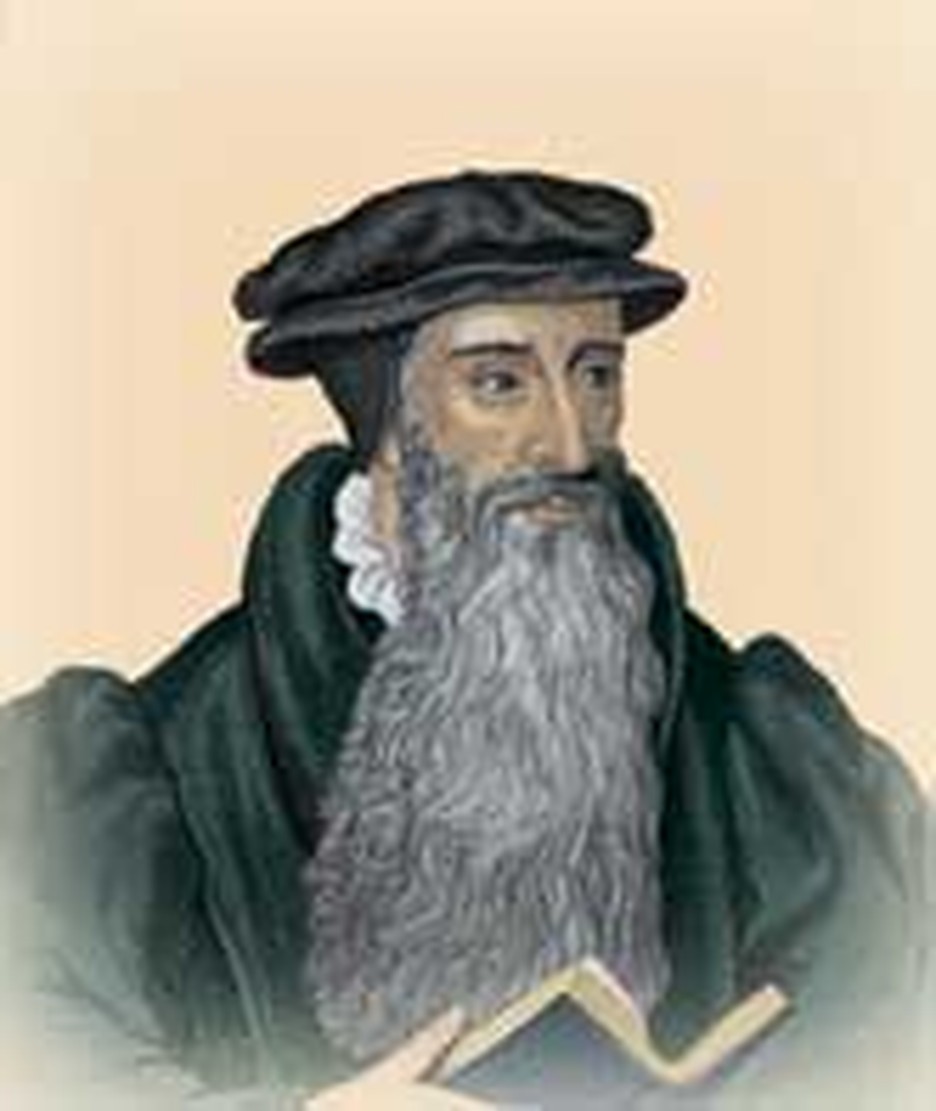
There could be no mistaking the Scottish reformers' feelings about the leadership of the old tradition. "Not one of Scotland's Catholic priests is legally a minister--not if we go by God's word, the practice of the apostles, and their own ancient laws. They are all thieves and murderers. Yes, they are even rebels and traitors to the legal authority of empires, kings and princes. We stand here ready to prove it ourselves. They shouldn't be allowed in any reformed commonwealth."
The Protestants in Scotland were insisting that their nation's Parliament take action to reform the nation's faith. The sixteenth century reformation on the European continent had spread to Scotland. After serious suffering, the Protestants, led by John Knox, gained the upper hand. Now they wanted to capitalize on their gains.
On August 13, 1560, Parliament agreed. (In those days, a nation's religion was set by its rulers.) The legislators instructed the Protestants to prepare a plain account of the doctrines with which they wanted to replace the old Catholic teachings. Parliament would establish these as the only wholesome and true doctrines "necessary to be believed and received" within Scotland.
John Knox, who was Scotland's leading reformer, and five other ministers also named John went to work. These were John Winram, John Spottiswoode, John Willock, John Douglas, and John Row. In just four days they had the Scots Confession ready.
On this day, August 17, 1560, Knox and his helpers presented the Scots Confession to Parliament. The entire document was read through twice out loud for the legislators. The solidly Calvinistic document consisted of twenty-five short chapters, each of which was substantiated with scripture quotations. Topics included the doctrine of God the Father, Son and Holy Spirit; mankind's origin and sin; the role of the church; good works; the relation of church and state; the law; the future life; and more. As with most such confessions, the nature and work of Christ received the most attention. For example, here is its short chapter on Christ's resurrection (with spelling and language modernized):
"We believe without doubt that, since it was impossible that the sorrows of death should keep in bondage the Author of life, that our Lord Jesus Christ crucified, dead, and buried, who descended into hell, did rise again for our justification; and destroying him who was the author of death [i.e.: Satan], brought life again to us that were subject to death and to its bondage. We know that his resurrection was confirmed by the testimony of his very enemies [and] by the resurrection of the dead, whose tombs did open, and they did arise and appear to many within the city of Jerusalem. It was also confirmed by the testimony of angels, and by the senses and judgments of his apostles, and of others, who had conversation, and did eat and drink with him after his resurrection."
During the Parliamentary readings, the six Johns stood by, ready to answer any question. According to Knox, the Catholic bishops who were present did not raise any objections. Perhaps they recognized that public opinion was against them.
By an overwhelming margin, Parliament ratified and approved the document, declaring it to be sound doctrine grounded upon the infallible truth of God. The few who voted against it gave as their reason, "We will believe as our fathers believed."
Bibliography:
- Knox, John. The History of the Reformation of Religion within the Realm of Scotland; edited for popular use by C. J. Guthrie. London: A. and C. Black, 1905.
- Loetscher, Lefferts A. A Brief History of the Presbyterians. Phiadelphia: Westminster Press, 1983.
- Scots Confession; A. D. 1560 - John Knox. http://www.creeds.net/Scots/scots.htm.
- Whitley, Elizabeth. Plain Mr. Knox. John Knox Press, 1960.
Last updated June, 2007


